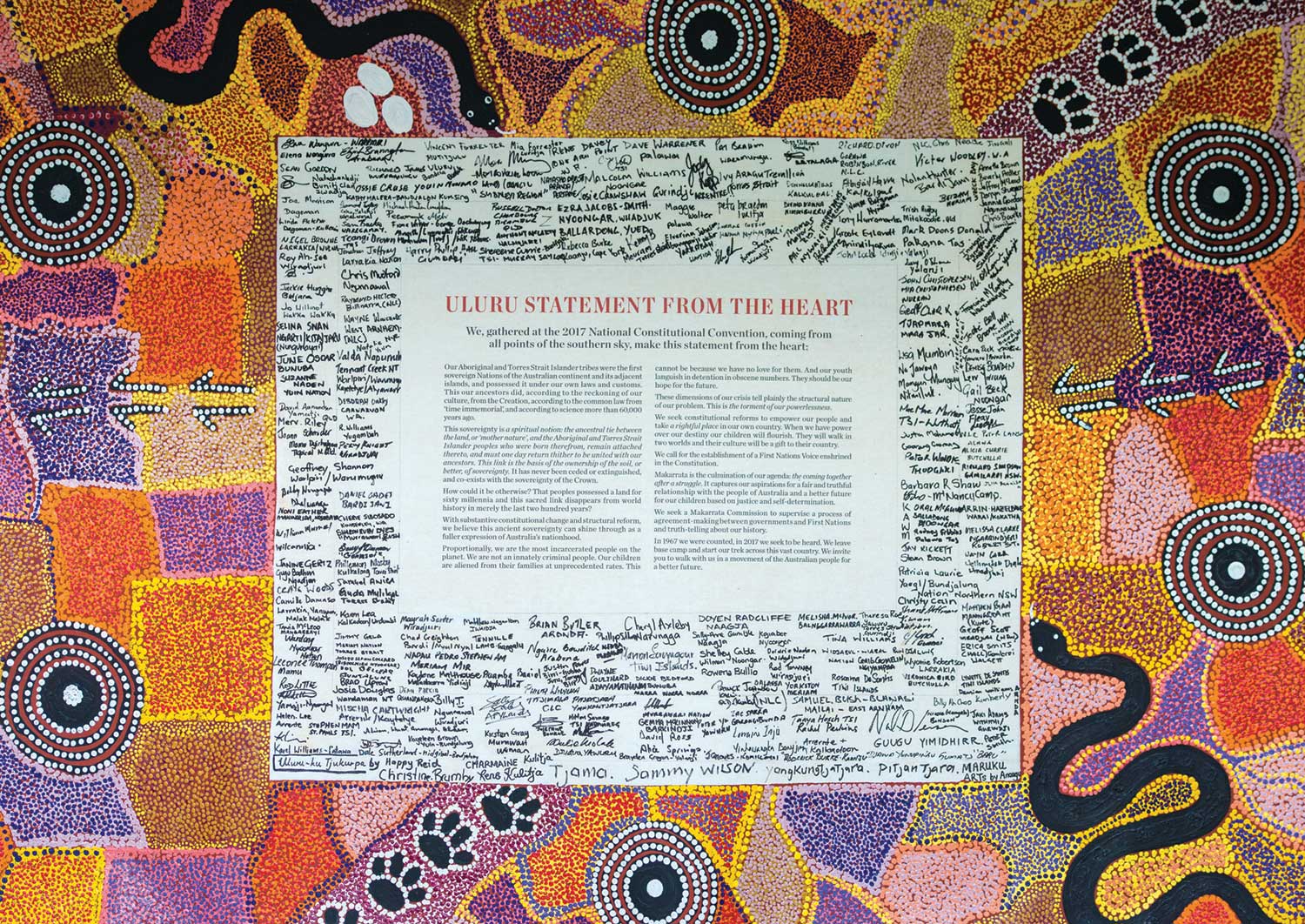As the Voice referendum inches closer, with an official wording released last week, it’s time to consider some of the reasons why a Yes vote is worth it. First, constitutional enshrinement differs from a legislative body in that, unlike the latter, cannot be abolished on a politician’s whim simply because it delivers inconvenient truths at the prime minister’s table.
Second, the Voice advisory body is not mutually exclusive with Treaties-making and Truth-telling, and by extension, working with grassroots activists to force government. Its indissolubility (bar referendum) makes ignoring demands from Indigenous activists far more politically difficult.
Within the past few decades alone, advisory bodies like the Voice have never been allowed to develop or flourish – think the Aboriginal and Torres Strait Islander Commission (ATSIC) – instead, they are abolished by governments who view them as politically inconvenient. What has happened at the executive and parliamentary arms of Australia is a vicious cycle of governments ignoring grassroots demands for Indigenous justice: land rights, closing the gap between Indigenous and non-Indigenous people.
There were other near-misses as well, such as when former Liberal Prime Minister John Howard tried, unsuccessfully, to abolish the Aboriginal and Torres Strait Islander Commissioner within the Australian Human Rights Commission. The government’s reason remains true as it was in 2003 today, when the late AHRC Commissioner William Jonas said of Howard’s term: “The government’s response to Social Justice reports was to misrepresent them, especially where the reports were critical of them – which was often – and then they tried to totally ignore them.”
A yes vote, then, is one that will build another pillar to strengthen on-the-ground activist movements, one that complements the radical activism that holds the government to account, realising grossly overdue implementation of recommendations of the 1987 Deaths in Custody Royal Commission or the annual Closing the Gap indicators. Further, the Voice, if realised, will be a powerful element in the federal Treaties-making process. This is an area where close attention is needed – after all, this country currently operates on a narrow, colonial notion of sovereignty that misunderstands Indigenous Country and sovereignty.
Success, however, rests a lot on what the Voice looks like. One key concern voiced by grassroots activists and community organisations is a fear that the Voice advisory body might have a conservatising effect on Indigenous activism. This is a concern that is real and should not be dismissed.
Last week, it was revealed that members of the Voice advisory body will be “elected or selected by Indigenous Australians, not appointed by the government” on a fixed term. This means that the Voice’s composition, at least, will be meaningfully independent from the government of the day. Yet, this alone is not enough. The Voice must not be merely inclusive but put community activists front and centre over corporate figures.
Indeed, community legal centres are united in their view that the Voice must expand . In a submission for the 2017 Constitutional Referendum Final Report, the Redfern Legal Centre said: “The membership model for the National Voice must ensure previously unheard Aboriginal and Torres Strait Islander people have the same chance of being selected as established leadership figures.”
As things currently stand, the Constitution itself bans people who have a criminal record of one or more years in prison or experienced bankruptcy from sitting in the House of Representatives. The Voice, however, must centre and prioritise activist and community voices ahead of any others. Grassroots activists, people who have lived experience of colonial discrimination and violence are some of the best equipped for the purpose that Voice is being mooted for: challenge government, formulating policy and Truth-telling.
Any vote, whether in the affirmative or otherwise, requires careful and conscientious reflection, listening to and engagement with the voices of First Nations activists. However, to that end, though the Voice is still at an early stage, the cement that it brings to building the fight for Indigenous justice evolves with time and is concrete.





